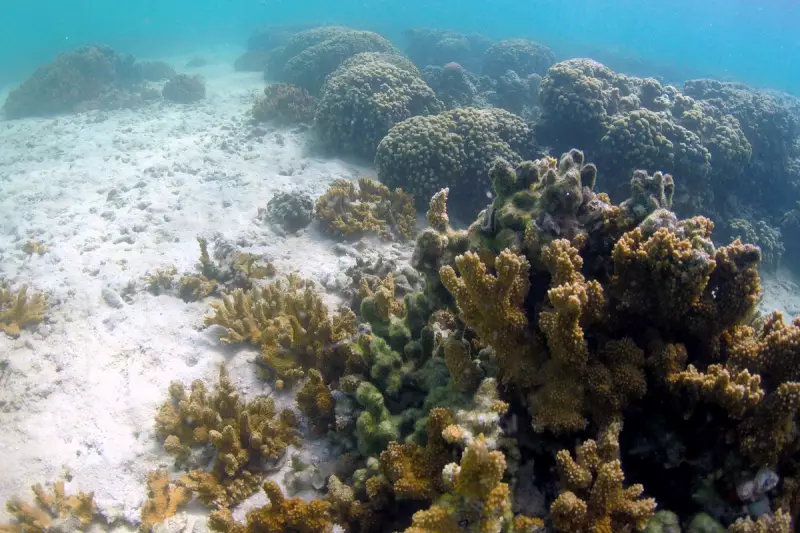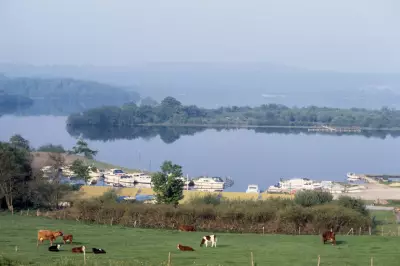
The city of Honolulu has launched a bold legal challenge against some of the world's largest oil companies, including Chevron and ExxonMobil, in a landmark case that could reshape accountability for climate change.
The lawsuit alleges that these fossil fuel giants knowingly contributed to global warming while concealing the dangers of their products, leaving Honolulu to foot the bill for climate-related damages.
The Legal Battle Begins
Honolulu officials argue that the companies' decades-long campaign of misinformation about climate science has directly led to rising sea levels, extreme weather events, and other environmental challenges that now threaten the island community.
"These corporations profited immensely while putting our coastal communities at risk," said a city spokesperson. "Now it's time for them to help pay for the consequences."
What the Lawsuit Seeks
The legal action demands compensation for:
- Coastal infrastructure damage
- Flood prevention measures
- Public health impacts
- Other climate adaptation costs
This case follows similar litigation by other US cities and states, but legal experts note Hawaii's unique vulnerability to climate change could make this a particularly compelling argument.
Industry Response
Representatives from Chevron and ExxonMobil have dismissed the lawsuit as misguided, arguing that climate change is a global issue requiring policy solutions rather than courtroom battles.
"Addressing climate change requires collaboration, not litigation," said an ExxonMobil spokesperson in a prepared statement.
The case is expected to face fierce legal challenges, with oil companies likely to argue that connecting specific corporate actions to local climate impacts presents complex scientific and legal questions.
Potential Implications
If successful, the Honolulu case could:
- Establish new legal precedents for climate accountability
- Pressure other coastal communities to file similar suits
- Force fossil fuel companies to reassess their legal exposure
Environmental advocates are watching closely, as the outcome could significantly influence how societies address the costs of climate change in coming years.





